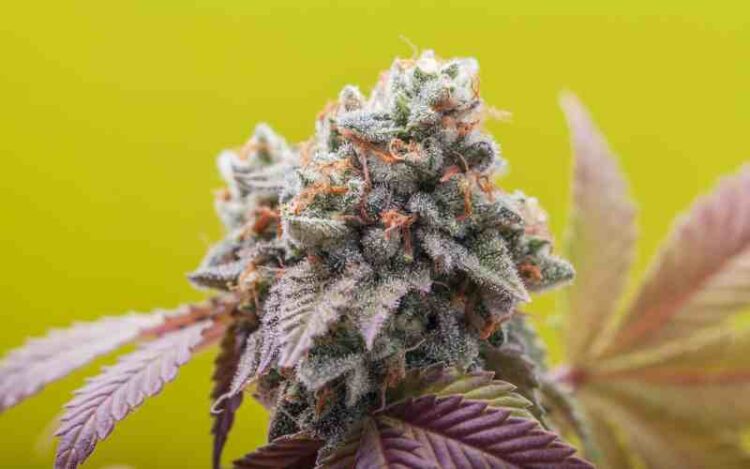The trailblazing movement of legalizing medical marijuana in the United States began with California in 1996. Since then, a total of 40 states, along with the District of Columbia, have adopted similar measures for medical cannabis use. In addition, recreational or adult-use of cannabis is permitted in 24 states and the District of Columbia, though four of these states have yet to implement their commercial retail sectors. In all these jurisdictions, similar to alcohol regulations, the minimum age for cannabis consumption is set at 21. However, a noteworthy development is occurring in Washington, where a proposed bill aims to increase the minimum legal age for purchasing cannabis products with over 35% THC concentration to 25, exempting certified patients and medical providers.
Introduced by Representatives Lauren Davis, D-Shoreline, and Tom Dent, R-Moses Lake, House Bill 2320 in Washington state targets “high-THC cannabis products.” It was brought to the House Committee on Regulated Substances and Gaming on January 11, followed by a public hearing on January 16. The bill’s proponents highlight the physical and mental dangers posed by high-THC cannabis products.
Davis expressed concern about the unregulated potency of THC in cannabis concentrates. She noted that products like cannabis vape oils and dabs frequently exhibit THC potency nearing 100%, a significant jump from 2012 levels when cannabis was first legalized. “These high-potency products pose distinct risks,” she remarked, as KOIN 06 reported.
“Since the legalization of cannabis, the industry has evolved immensely,” Dent stated. “This bill seeks to adapt to this evolving market and introduce safeguards for cannabis consumers, especially the younger population.”
As reported by Cannabis Business Times, Washington and Colorado were pioneers in legalizing cannabis for adult use in November 2012. Retail sales commenced in 2014 for individuals 21 and older. Following their lead, 18 more states have enacted similar laws. However, the proposed Washington bill seeks to elevate the legal age to 25. Proponents of legalization across the U.S. often argue for aligning cannabis sales age with alcohol. Conversely, some state legislators propose increasing the age limit to 25, citing ongoing brain development until this age.
Although the brain stops growing in size by early adolescence, its development and maturation continue into the mid-to-late 20s, with the prefrontal cortex being one of the last areas to fully develop. This brain region is crucial for functions like planning and decision-making. Research indicates that cannabis can impact the adolescent brain, suggesting it’s advisable to delay its use until adulthood. Yet, the effectiveness of such age restrictions in curbing consumption, especially given the parallels with alcohol age limits, remains debatable. The bill to raise the cannabis use age to 25 might not substantially alter consumption patterns, potentially complicating the legal market further.
The bill’s sponsors base their arguments on a November 2020 report by Washington State University and the University of Washington, focusing on “Cannabis Concentration and Health Risks.”
The report highlights, “High THC cannabis use increases the likelihood of developing cannabis use disorder or addiction, especially in adolescents. Daily consumption of high-potency products elevates the risk of psychotic disorders like schizophrenia.” However, the bill omits that this evidence primarily concerns the 14-19 age group, not the 21-25 age demographic targeted by the proposed legislation.
Additionally, the bill mandates the Washington Department of Health to develop voluntary training for cannabis retail staff on health and safety issues. It also requires the University of Washington’s Addictions, Drug & Alcohol Institute (ADAI) to establish guidelines for healthcare providers treating patients at high risk from cannabis use.
This legislative move, though well-intentioned, raises questions about its efficacy and the possible misinterpretation of scientific data, potentially leading to unnecessary financial and bureaucratic burdens.
OTHER NEWS: Washington Governor Approves Legislation Safeguarding Employees from Cannabis Drug Testing









